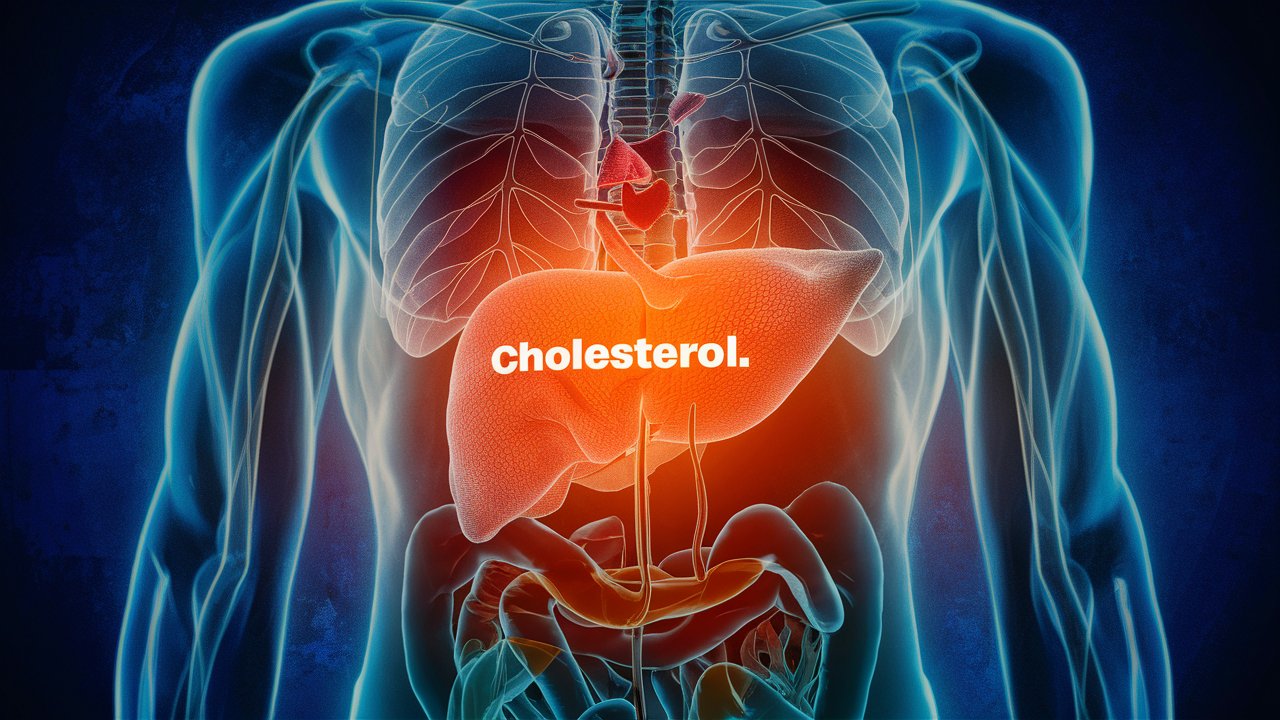4. Comment, ‘liver is the chief chemist in human body’. (b) What is Cholesterol? Discuss its importance, normal blood level and dangers of elevated levels with reference to the health and disease in humans.

Comment, ‘liver is the chief chemist in human body’. (b) What is Cholesterol? Discuss its importance, normal blood level and dangers of elevated levels with reference to the health and disease in humans.
a) The liver is often referred to as the “chief chemist” in the human body because it performs numerous chemical processes that are essential for life. The liver is responsible for detoxifying harmful substances, producing bile to aid in digestion, regulating glucose and lipid metabolism, storing vitamins and minerals, and synthesizing various proteins and hormones. Without the liver, many essential metabolic processes in the body would be impaired, and toxins would accumulate, leading to serious health problems.
b) Cholesterol is a type of lipid that is found in all animal cells, including human cells. It is important for the structure and function of cell membranes, and is also a precursor for the synthesis of steroid hormones, vitamin D, and bile acids. Cholesterol is transported in the blood by lipoproteins, which are complexes of lipids and proteins.
The normal blood level of cholesterol depends on several factors, including age, sex, and overall health status. The American Heart Association recommends that adults aged 20 and older should have their cholesterol levels checked at least once every four to six years, and more frequently if they have risk factors for heart disease, such as smoking, obesity, high blood pressure, or a family history of heart disease.
Elevated levels of cholesterol in the blood, particularly low-density lipoprotein (LDL) cholesterol, are a major risk factor for the development of atherosclerosis, a condition in which plaques build up in the walls of arteries, leading to reduced blood flow and increased risk of heart attack and stroke. Other risk factors for high cholesterol levels include a diet high in saturated and trans fats, lack of physical activity, and certain medical conditions, such as diabetes and hypothyroidism.
To lower high cholesterol levels, lifestyle changes, such as diet and exercise, may be recommended. In some cases, medication, such as statins or other cholesterol-lowering drugs, may also be prescribed. It is important to manage cholesterol levels to reduce the risk of heart disease and other complications.
visit: https://techinsightguru.com/